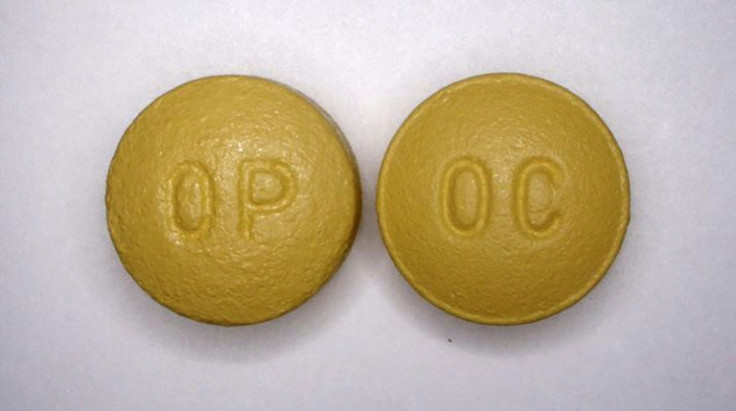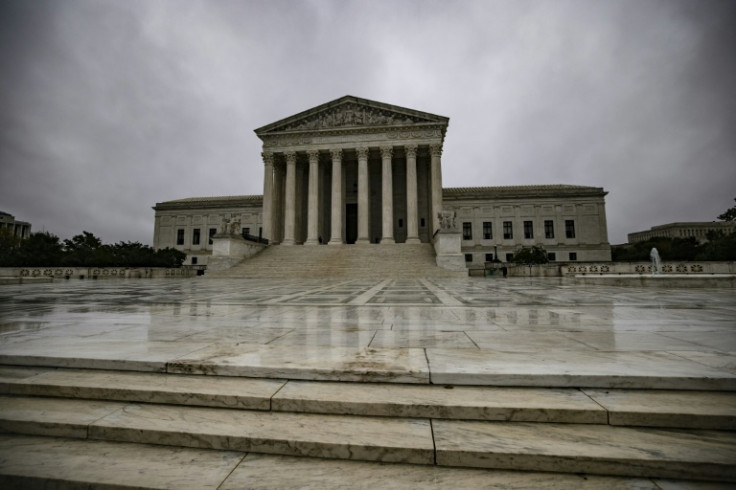
The US Supreme Court is to hear a challenge on Monday to Purdue Pharma's $6 billion opioids settlement immunizing the family that controlled the drugmaker from future litigation.
The Justice Department is arguing that members of the Sackler family, who earned tens of billions of dollars flooding the country with highly addictive opioids, should not legally gain sweeping protection in the deal.
Last year's settlement, which came after years of negotiations involving legal officials from all 50 US states, set aside $6 billion from the bankruptcy of Purdue, which made prescription painkillers like OxyContin, for victims of the opioid epidemic.
At the same time, the settlement, which was approved by a lower court, gave the families of Raymond Sackler and Mortimer Sackler protection from all future civil claims, effectively protecting their other assets from opioid-related lawsuits.
The Supreme Court put the settlement on hold at the request of the Justice Department, pending Monday's oral arguments.
In its complaint, the Justice Department said the Sacklers withdrew $11 billion from Purdue over the 11 years before the company filed for bankruptcy protection in 2019.
Purdue's bankruptcy filing resulted directly from the massive, country-wide litigation against it and other major drugmakers and pharmacy companies for knowingly fomenting the addiction crisis.
The March 2022 settlement said the Sacklers were "absolutely, unconditionally, irrevocably, fully, finally, forever and permanently" released from further legal liability.
But the Justice Department said the Chapter 11 bankruptcy code which governed the settlement does not provide for such immunization, especially because there could be "an untold number of claimants" who did not agree to the terms of the settlement.
If allowed, the Purdue deal would "leave in place a roadmap" for companies to turn to bankruptcy to protect themselves from civil suits, it said.
In addition, "it allows the Sacklers to shield billions of dollars of their fortune while extinguishing, without payment, claims alleging trillions of dollars in damages," the department said.
"The plan violates the basic tradeoff of bankruptcy that, in exchange for a fresh start, a debtor must commit essentially all assets to satisfying claims against it," it said.
Purdue has said it is confident in the legality of the deal.
It has criticized the Justice Department for delaying billions of dollars being "put to use for victim compensation, opioid crisis abatement for communities across the country, and overdose rescue medicines."
The opioid addiction epidemic has caused more than 500,000 overdose deaths in the United States over two decades, authorities say.
Purdue and other opioid makers and distributors were accused of encouraging free-wheeling prescription of their products through aggressive marketing tactics while hiding how addictive the drugs are.
Facing an avalanche of litigation, in 2021 Purdue pled guilty to three criminal charges over its marketing of OxyContin.
The Sacklers have consistently denied wrongdoing over the opioid epidemic.








